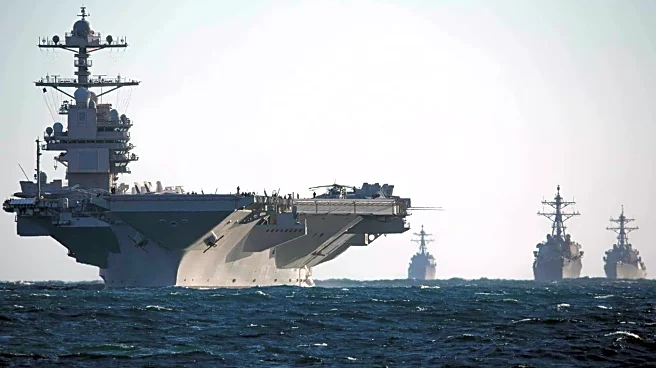The US Treasury Department said the measures were imposed due to Moscow’s “lack of serious commitment” to ending the war in Ukraine and are intended to “degrade the Kremlin’s capacity to finance its military operations.” Companies have until November 21 to wind down dealings with the two firms.
'Significant escalation' by the US
Together, Rosneft and Lukoil account for about half of Russia’s 4 million barrels per day of crude exports, most of which flow to Asian buyers. In September, China imported around 2 million barrels per day of Russian oil, while India took in 1.6 million barrels, according to Vanda Insights.
“This is a very significant escalation,” a CNBC.com report quoted Muyu Xu, senior crude analyst at Kpler, warning that key buyers could scale back purchases “if not halt them entirely” in the near term.
Indian refiners, including Indian Oil, Bharat Petroleum , Hindustan Petroleum, HPCL-Mittal Energy, and ONGC are reviewing contracts to ensure no direct exposure to Rosneft or Lukoil, Reuters reported.
Impact on Indian oil imports
“India will likely need to walk away from seaborne term agreements, while China’s pipeline flows may continue,” the CNBC article quoted Emma Li of Vortexa.
Oil prices rose after the announcement, with Brent crude up 3.7% to $64.91 per barrel early Thursday.
“Competition for non-sanctioned barrels will raise prices,” the article further quoted John Kilduff of Again Capital, noting OPEC spare capacity could absorb some of the lost Russian supply.
“Whether these sanctions last is uncertain — one Trump-Putin call could change everything,” the CNBC article added Vandana Hari of Vanda Insights as saying.
/images/ppid_59c68470-image-176123003722427281.webp)

/images/ppid_a911dc6a-image-177103853218557950.webp)





/images/ppid_a911dc6a-image-17710364781122582.webp)
/images/ppid_a911dc6a-image-177103642565816962.webp)
/images/ppid_a911dc6a-image-177103504309993710.webp)
/images/ppid_a911dc6a-image-177103508492594205.webp)


